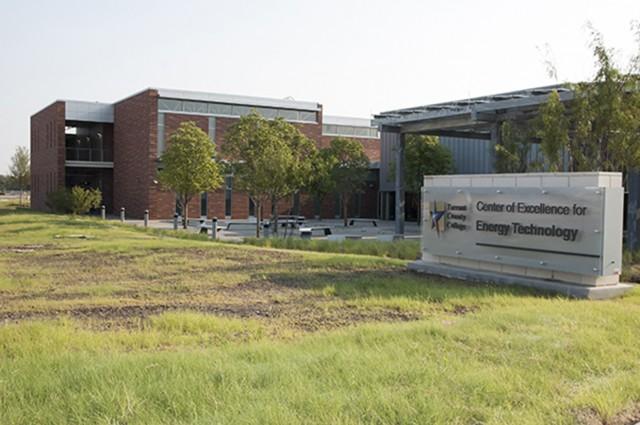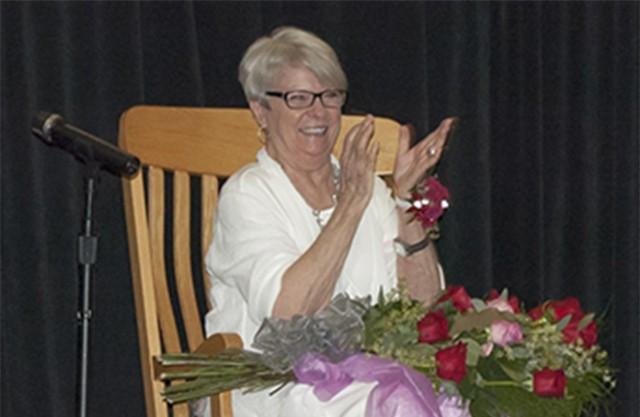By Jamil Oakford/managing editor
As students filter back into class, an unmistakable fatigue surrounds them as they try to gear up for the semester.
NE student Layla Pecina definitely feels the effects of a long break.
“I’m excited at the beginning of a semester,” she said. “[But] there’s definitely a lag.”
NE student Nathan Frost also attests to feeling the lag.
“It takes me about a week,” Frost said. “After a few days, I get going.”
While there’s definitely grogginess to the first week of school, brought on by the busy routine of classes after a three-month break, it’s not just students who feel the fatigue.
“It takes everyone a moment to get back into the routine,” NE English assistant professor Shewanda Riley said.
Both students and faculty have to work to get back into the swing of normal classes, and every teacher has a different approach.
“Some teachers go straight into assignments to help students engage in critical thinking,” Riley said. “I do things in the first week that require them to use critical thinking skills.”
Riley said retaining critical thinking skills during the summer is key to retaining material learned in the previous semester. “You know what works best for you,” she said. “For some students, reading over the summer works best. For others, they need an academic environment.”
Taking summer courses, reading casually or reading books or articles that relate to their majors helps some students stay in the academic mindset over the break.
“It’s like exercising to keep those muscles strong,” she said. “It’s like that for the brain.”
Students like Frost make the first week of classes easier by reading the textbook.
“I start looking at my books,” he said. “I start early and try to stay on top of things as the semester goes along.”


























